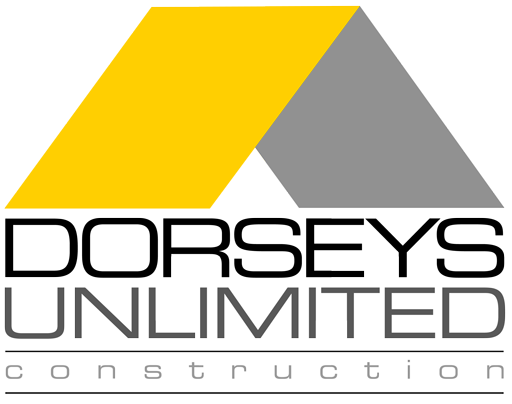What Are URL Parameters? A Guide for Marketers and SEOs
URL parameters are strings of text added to a URL that modify website content and functionality. Or collect data on customer behavior. You can identify URL parameters as text strings following a “?” in a website’s URL. Here’s an example that shows how URL parameters tailor the user experience: robojan.gumroad.com/l/CFmodeling?layout=discover&recommended_by=staff_picks The example URL consists of the following elements: Base URL ? (Start of URL parameters) URL parameters In this URL, there are two parameters: layout=discover: Specifies the page layout to use, which is the discover layout recommended_by=staff_picks: Indicates how the user discovered the page, with “staff_picks” being the recommendation source But the big question is: Why should this matter to you? That’s what we’ll cover in this post, including: How URL parameters affect marketing and SEO Google’s perspective on URL parameters Tips to avoid common issues with URL parameters How Do URL Parameters Work? URL parameters change a page’s content or behavior without the need for a separate URL for each variation. When a user visits a URL with parameters, the web server or application reads these parameters and adjusts the page’s content—without creating many separate pages. If you work in digital marketing or website development, you’ll inevitably run into URL parameters. So, let’s look at how they work. Structure and Functionality URL parameters always include key-value pairs formatted as “key=value.” The “key” is what you want to adjust or track (e.g., utm_source, language) The “value” defines the key (e.g., fb, en_US ) Take, for example, this URL from a Facebook ad that tracks visitor interactions: eu.huel.com/products/huel-black-edition?utm_source=fb&utm_medium=cpc&utm_campaign=ROE_ACQ_PRO_PURCHASES_7D-CLICK_JJ24_ASC Here’s a breakdown of its URL parameters using the key-value structure: utm_source=fb: “utm_source” is the key, denoting the origin of the website traffic. The “fb” part shows that the traffic is coming from Facebook utm_medium=cpc: “utm_medium” is the key, which, in this case,…














No comments yet.